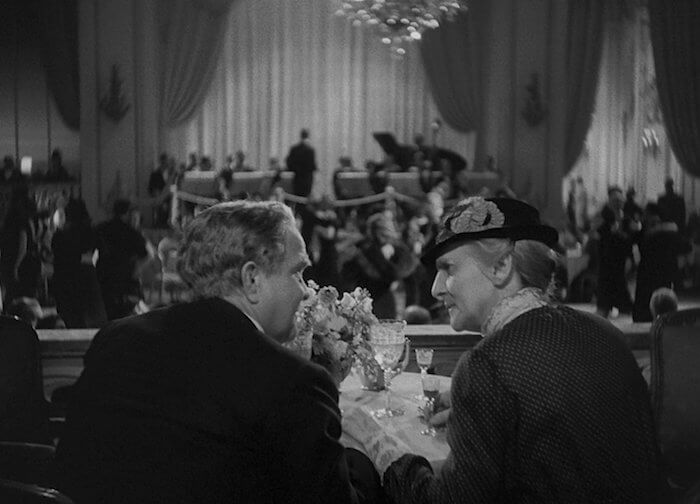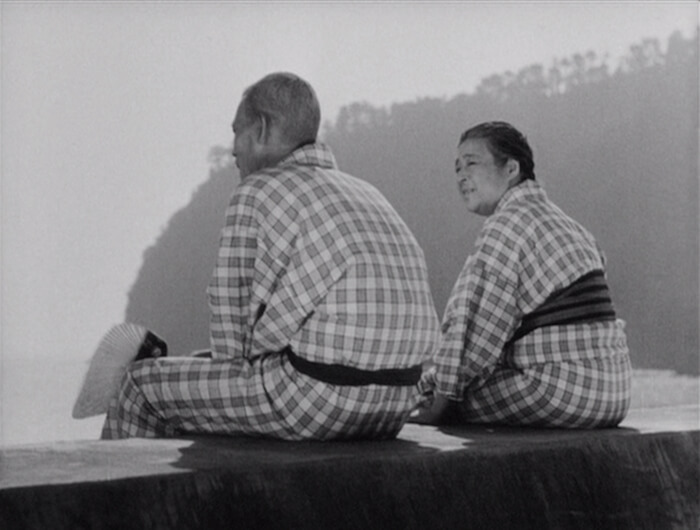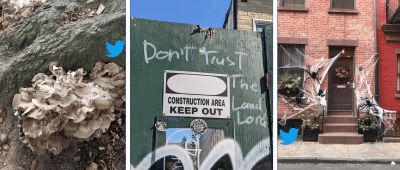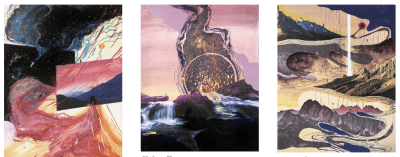The Best Old Movies on a Big Screen This Week: NYC Repertory Cinema Picks, February 8-14
 Make Way for Tomorrow (1937)
Make Way for Tomorrow (1937)
Directed by Leo McCarey
Tokyo Story (1953)
Directed by Yosujro Ozu
It was the Great Depression, and Leo McCarey was in mourning. He was still recovering from an illness when his father died. He then spent a year crafting Make Way for Tomorrow, a reminder to respect one’s elders that didn’t reach audiences at time of release. McCarey isn’t subtle about his message; an early image of a sunny sky, the kind you’d expect a godly voice to emerge from, boasts an epigraph: “Honor Thy Father and Thy Mother.” That’s as much sermonizing as the film allots; McCarey spends the next ninety minutes observing aged parents Victor Moore and Beulah Bondi adjust to life with their adult children and grandchildren, who project little effort to fit them into their busy lives (hence the title). The truism persists: when you get old, the world forgets you.
With prior collaborators such as Laurel & Hardy and the Marx Brothers, McCarey’s films hadn’t been so sober. But in transitioning to more personal work, he maintains an emphasis on improvisation. Despite the film’s short length, the gradually fragmented family (which includes one member we never see) is given space and time for simmering frustration and resentment. Within several scenes, all stages of grief are endured, even if we don’t notice at first, providing needed nuance. The camera’s placed at the eyelines of these folks, who will undoubtedly remind many of their own families. We may find ourselves at odds with their behavior, and that’s fine. By the end, we find that strangers are the kindest to the elderly couple, and the audience, being strangers too, find room in their hearts for Moore and Bondi. When they are about to kiss, Bondi catches us watching. That’s the playful McCarey recognizing our involvement. It’s an earned moment. Despite the film’s heartbreaking end, where we wonder whether these two lovebirds will ever meet again, the lesson of appreciating moments as they are carries us.


Four years before Make Way, McCarey directed Duck Soup, the Marx Bros. farce that anticipated World War II. Along that warpath was the bombing of Tokyo by the US Air Force, killing over a hundred thousand. It’s a city that, with or sans tragedy, faces the inevitability of change. Yasujiro Ozu, via his tranquil form, accepts change as normal as the ocean calm, laundry on wires, or trains just passing through. Loosely adapted from Make Way, Tokyo Story is a shominigeki that’s a product of Western influence: English is practiced by children, and the families of soldiers still mourn the fallen. Like Tokyo (which only composes a small part of the film), appearances merely cover the damage. Something Ozu expands from McCarey: the tendency to wear a painted smile, whether concealing aggression or sadness, whether you’re a blood relative or a widow. In both films, the emotion cuts deepest when it’s in disguise.
But just as Make Way isn’t wholly spiritual, ditto for Tokyo Story being political. Family first—a mother and father (bit of a gender role switch here—Victor Moore’s roundness is inherited by Chieko Higashiyama, wife to Chishu Ryu, who receives the most focus) find their children distant, emotionally and physically. They’re burdensome for the whole family, save Setusko Hara, their son’s widow. True to Ozu’s low-level tatami-eye, we’re there with them at every turn. You participate—save rare instances of sentimental music, Ozu leaves you to behold what’s said and unsaid without relying upon dramatic shots. Instead, he shoots everything square and symmetrical—life is messy but that’s how it fits. Young or old, turbulence helps comprise life’s geometry. That’s okay. If McCarey’s film was an anomaly for his career, Tokyo Story distills all of the nutrients apparent in Ozu’s films until this point. It’s rare to see one film so at peace with life’s disappointments, let alone two—this pairing of original and remake displays not what is improved upon across borders and boundaries, but what is shared and felt. Max Kyburz (Make Way for Tomorrow February 10, 12, 2pm, February 11, 5pm; Tokyo Story February 10, 5:15pm, February 11, 2pm, February 12, 4:15pm at BAM)
You might also like 























